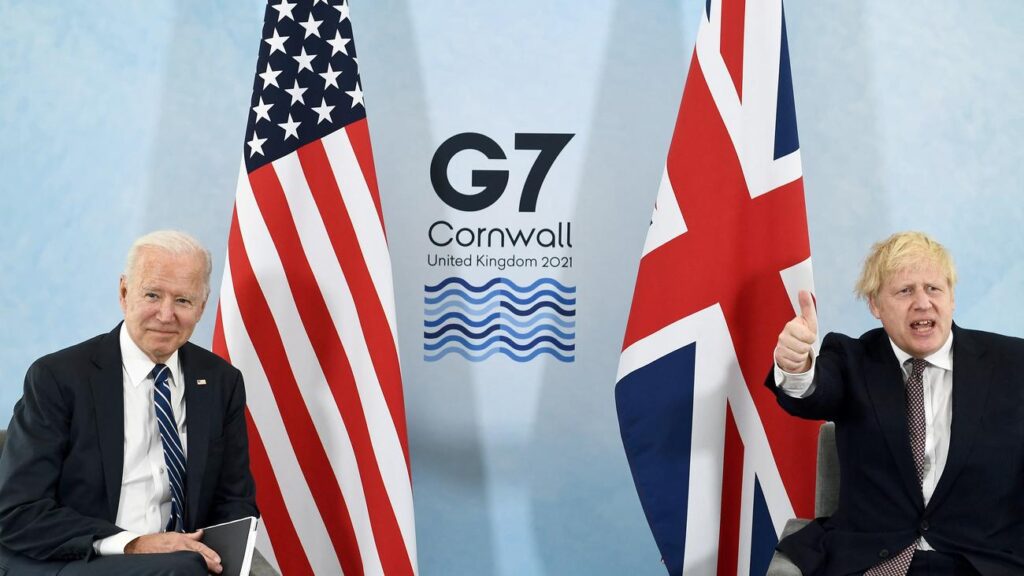
Introduction
The G7 Summit, held annually, serves as a platform for leaders from seven of the world’s largest advanced economies—Canada, France, Germany, Italy, Japan, the United Kingdom, and the United States—to discuss pressing global issues. The 2023 summit, hosted in Hiroshima, Japan, emerged as a critical gathering amidst geopolitical tensions, economic challenges, and climate crisis, showcasing the importance of international cooperation in addressing global issues.
Main Topics Discussed
This year’s summit concentrated on several key themes, notably the response to the ongoing conflict in Ukraine, economic recovery post-COVID-19, and climate change strategies. Leaders expressed strong support for Ukraine and reaffirmed their commitment to providing ongoing military and humanitarian assistance. They also emphasized the need for global economic stability and remnants of pandemic recovery, specifically mentioning strategies to enhance supply chain resilience and combat inflation.
Climate change remained a central focus, with discussions surrounding the need for accelerated action to meet international climate goals. The G7 countries collectively aimed to provide financial aid to developing nations in their pursuit of sustainable energy solutions. The summit concluded with a commitment to transition towards cleaner energy sources and to reduce reliance on fossil fuels, demonstrating a unified stance on enhancing environmental sustainability.
Outcomes and Agreements
The summit concluded with a series of notable agreements. One significant outcome was the establishment of a new financial initiative known as the ‘Climate and Economic Resilience Fund’ designed to support both climate change mitigation and economic development in poorer nations. Additionally, discussions around strengthening global health systems and improving vaccine distribution were emphasized, marking the importance of preparedness for future pandemics.
Implications for Global Politics
The G7 Summit holds considerable weight in global politics, serving not only as a decision-making body but also as an influential platform for establishing cooperative international norms. The agreements reached can have far-reaching implications, especially as they set the tone for dialogues in other multilateral settings, like the G20 and United Nations.
Conclusion
The G7 Summit 2023 highlighted a collective willingness to tackle pressing global challenges through collaboration. As the world continues to navigate complex geopolitical landscapes and economic uncertainties, the agreements and commitments made at the summit offer a glimpse of hope and pave the way towards a more sustainable and equitable future. Moving forward, the effectiveness of these commitments will depend on implementation, collaboration, and continued international engagement, making the G7 an essential player in shaping the future trajectory of global politics.






